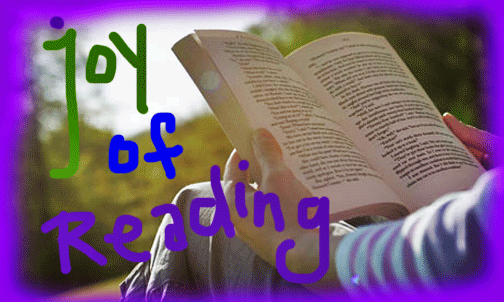
One story I want to make sure I draw to your attention before we plunge headlong into the week, is this morning’s lovely and very wise essay by my friend, David Ulin, who is also the LA Times book review editor. It is about losing the will to read.
Here is the opening:
Sometime late last year — I don’t remember when, exactly — I noticed I was having trouble sitting down to read. That’s a problem if you do what I do, but it’s an even bigger problem if you’re the kind of person I am. Since I discovered reading, I’ve always been surrounded by stacks of books. I read my way through camp, school, nights, weekends; when my girlfriend and I backpacked through Europe after college graduation, I had to buy a suitcase to accommodate the books I picked up along the way. For her, the highlight of the trip was the man in Florence who offered a tour of the Uffizi. For me, it was the serendipity of stumbling across a London bookstall that had once been owned by the Scottish writer Alexander Trocchi, whose work, then as now, I adored. After we got married four years later, we spent part of our honeymoon in Dollarton, outside Vancouver, British Columbia, visiting the beach where “Under the Volcano” author Malcolm Lowry had lived for more than a decade with his wife Marjorie in a squatter’s shack.
In his 1967 memoir, “Stop-Time,” Frank Conroy describes his initiation into literature as an adolescent on Manhattan’s Upper East Side. “I’d lie in bed . . . ,” he writes, “and read one paperback after another until two or three in the morning. . . . The real world dissolved and I was free to drift in fantasy, living a thousand lives, each one more powerful, more accessible, and more real than my own.” I know that boy: Growing up in the same neighborhood, I was that boy. And I have always read like that, although these days, I find myself driven by the idea that in their intimacy, the one-to-one attention they require, books are not tools to retreat from but rather to understand and interact with the world.
So what happened? It isn’t a failure of desire so much as one of will. Or not will, exactly, but focus: the ability to still my mind long enough to inhabit someone else’s world, and to let that someone else inhabit mine. Reading is an act of contemplation, perhaps the only act in which we allow ourselves to merge with the consciousness of another human being.
I love this essay—in part because I’m so fond of David’s writing, but also because I identify with what he describes so thoroughly. Many of you will too.
So if the first few lines speak to you, make sure you….well, you know….read...the whole damn thing.
********************************************************************************************************************
PS: And then once you’ve read Ulin’s Monday story, please don’t miss Sunday’s LA Times Column One story by Molly Hennessy-Fiske about an unexpected bond she formed with the victim of a drive-by shooting in South LA. Hennessy-Fiske is fast becoming one of my favorite LA Times reporters. This new personal story is yet another reason why.

This post required entirely too much reading. Would you mind giving me a condensed summary? At least you provided a picture.
Woodys best response: Seethe and fume and throw a tantrum.
IWL – Woody’s kidding – part of reading is recognizing irony.
I suspect modern technology has had a huge impact on reading:
-Rapid access to information means thinking becomes more interactive and perhaps less contemplative – if you start thinking on a topic and have a question, an answer of some sort is waiting right online
-Modern kids get immersion training in rapid context switching – video games, frequent texting, etc. This literally rewires the brain to favor those activities (one reason the Army loves recruits who are good at video games).
-Telephones and other communications produce a lot more interruptions.
-There are plenty of things to compete with books for one’s fantasy time… such as TV or video games.
John, isn’t it sad that you had to clue-in IWL? Liberals are terribly unhappy and have no sense of humor.
Thy’re just a little apathetic I think. “Change” can be a cruel mistress.
When I was a kid, and even as a young adult, I liked reading the encyclopedia, (a word that Jiminy Cricket taught me to spell). I had problems with some classics, like “The Three Musketeers” (not Mouseketeers), because I couldn’t pronounce names like d’Artagnan.
There are more “answers” on Jeopardy! that can be solved with information from the encyclopedia than from novels, a major incentive to read them. (I was in the audience of a Jeopardy! show, which was fun, and one of my friends was an undefeated champion! “Thank you, Don Pardo!”)
The ease of obtaining information from the internet has drawn kids away from previously standard reference books, but it gives us more depth of information. Still, greater access to information leads to more knowledge, even if it’s on-line.
Honestly, I never was into the “feelings” books, which must come as a great surprise.